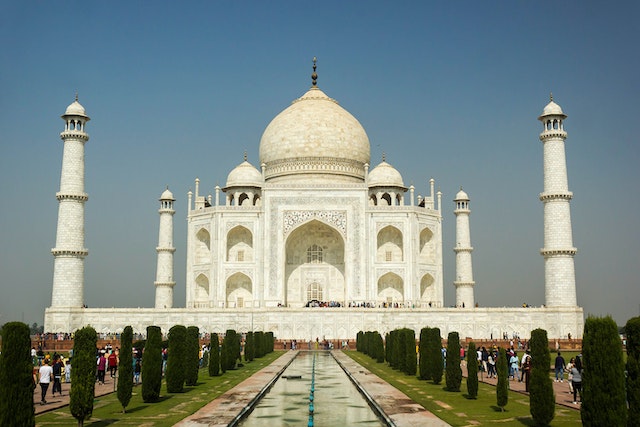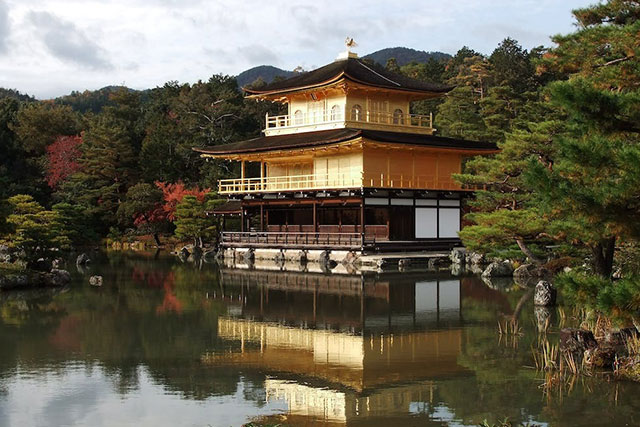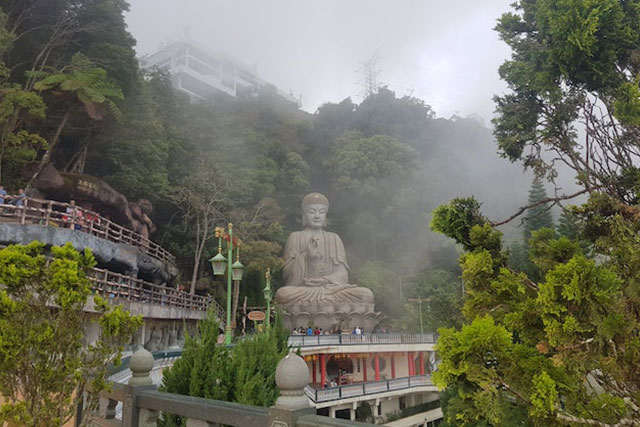About Buddhism
It is believed that Buddhism originated around 2600 years ago in India and it is one of the most intriguing philosophical products, though this profound Indic philosophical tradition has never been viewed as a religion in the theistic sense or in the context of being a faith. But the Buddhism remained a powerful integrated philosophical whole, encompassing all facets of both spiritual and material culture that have guided humanity for centuries. Buddhism remained as the powerful foundation for societal and cultural transformation in Asia during that era. Buddhism still remains a key anchor for Asian identity and a phenomenon of unprecedented Pan-Asian importance, especially in terms of spiritual connectivity among nations with enduring impact. Buddhism travelled from India in myriad directions along the web of trans-Asian overland and maritime trade networks. The fabled Silk Route across Central Asia became the main corridor along which Buddhist philosophical ideas including medicine, astronomy, mathematics, artistic and architectural styles, the art of diplomacy and statecraft, etc., were transmitted to China and beyond while also connecting various Asian spots cutting across races, regions, ethnicities, languages, genders and cultures.
Therefore, Buddhism religion is the foundation stone for the adoption of culture, thoughts, idioms and common spiritual beliefs and practices among people in India, China, Japan, Korea, in other parts of Asia and worldwide.
Buddhism is once again making a comeback and its growing popularity is linked to the peaceful nature of its philosophy and to its geographic spread. Over 98 percent of the world’s Buddhist population lives in the Asia-Pacific region. Their number is still growing, with over 14 countries in Asia having more than 50 per cent Buddhist population, and seven of these having over 90 per cent population practicing Buddhism.
In fact, a new pattern of intra-Asian connections is fast re-emerging with profound implications for the Asian renaissance in the 21st Century, and India seems to have taken note of that with great interest.
Numerous Buddhist sites in India, directly linked to the spiritual destinies of millions in Asia, could form a part of Buddha-Industry, which, in turn, could transform the lives of millions, providing lucrative career options to a large youth component. Buddhism is a world religion, which arose in and around the ancient Kingdom of Magadha (now in Bihar, India), and is based on the teachings of Siddhartha Gautama who was deemed a "Buddha" ("Awakened One"). With the reign of the Buddhist Mauryan Emperor Ashoka, the Buddhist community split into two branches: the Mahasamghika and the Sthaviravada, each of which spread throughout India and split into numerous sub-sects. In modern times, two major branches of Buddhism exist: the Theravada in Sri Lanka and Southeast Asia, and the Mahayana throughout the Himalayas and East Asia.





















